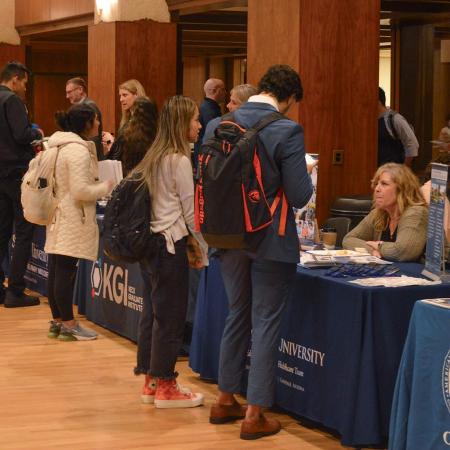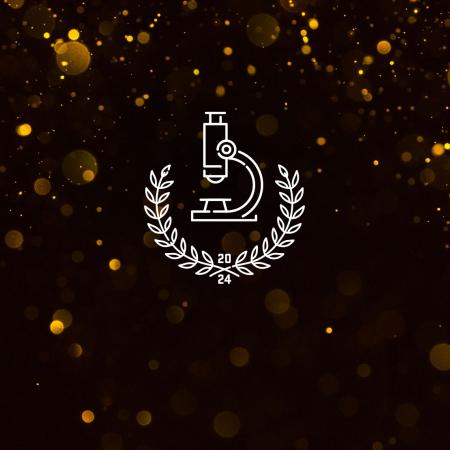Bryan Lynn, a third-year Integrative Biology Ph.D. student, received the Herbert J. Frolander Award for Outstanding Graduate Teaching Assistants, awarded for his teaching record and dedication to inclusive teaching practices in the Department of Integrative Biology.
As a first-generation transgender student who began his academic career at the age of 25, Lynn has prioritized creating inclusive scientific communities. “As a student I have experienced the feeling of being presented with course materials that feel alienating – and I don’t wish for any of my students to experience that,” he wrote.
Lynn exemplifies leading by example and leaving things better than he found them. His efforts have had an impact within his department, the College and the greater university community.
In 2019, he co-founded the popular student club Out in Stem that serves to increase the visibility of queer and trans people in science. For his work across the university, Lynn has earned numerous awards including two from The Pride Foundation and the Oregon State Diversity and Inclusion Champion Dam Distinguished award.
As part of his assistantship, Lynn spent last summer evaluating and modifying all of the Principles of Biology lecture materials to use language inclusive of non-traditional identities, specifically with respect to gender. Because this class is taught by six different faculty multiple times throughout the year, his work impacted thousands of Oregon State students. Faculty reported enjoying learning through the process and were eager to apply the language change to other courses.
“Bryan is one of the most thoughtful, impactful and engaged GTAs that I have worked with in the last 12 years of working with over 30 GTAs per year,” one nominator wrote. “Bryan brings something extra special with him to his class every single time he teaches it, from including pictures of his cat, Pancake, in every slideshow to redesigning our curriculum to be more inclusive.”














